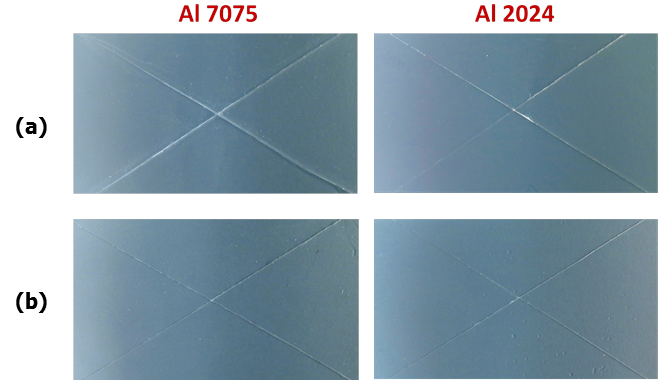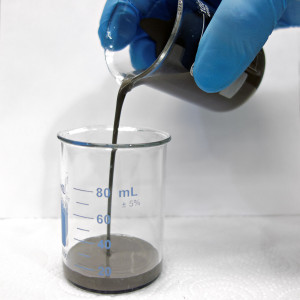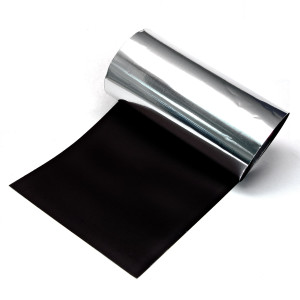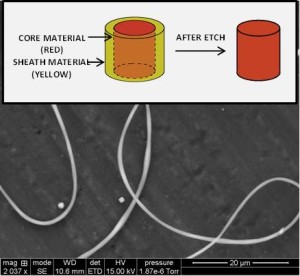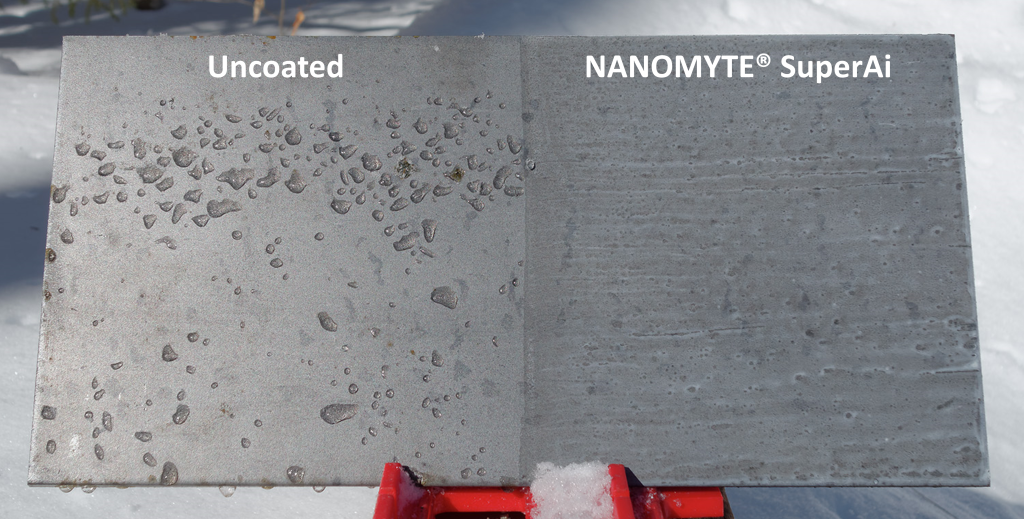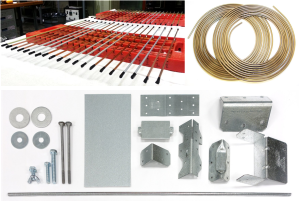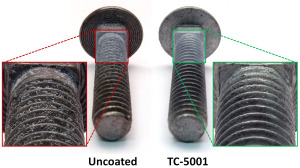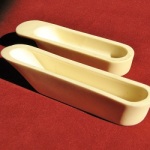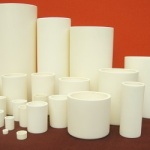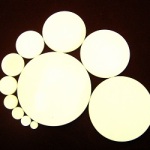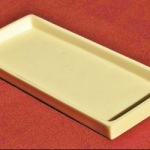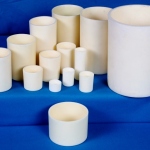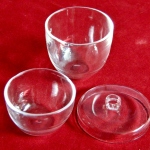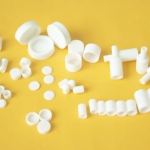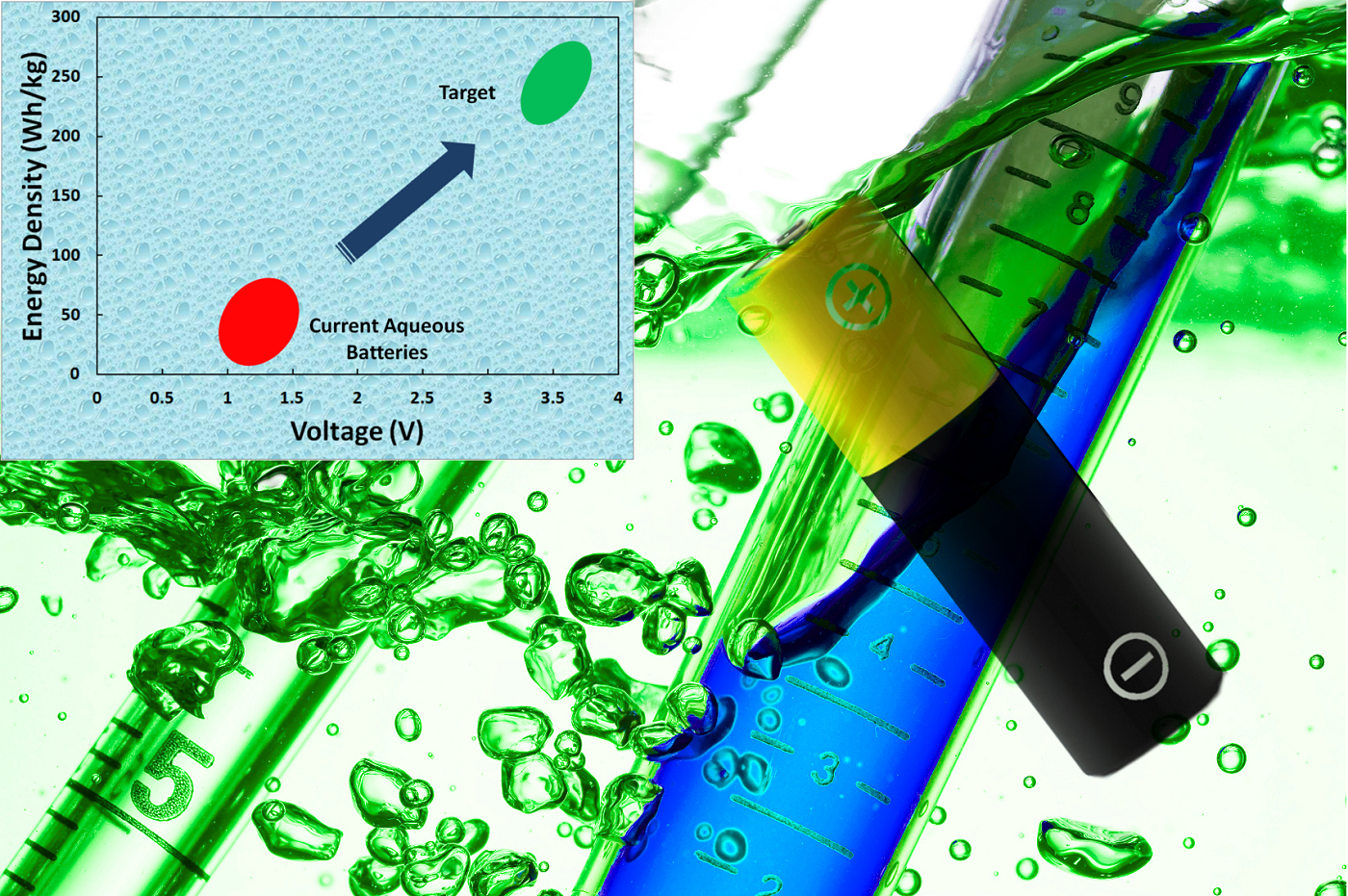NEI Introduces Custom-Produced Solid Electrolyte Materials
[ezcol_1half]
« Recent NEI News
[/ezcol_1half] [ezcol_1half_end]
View / Download in PDF »
[/ezcol_1half_end]
June 17, 2015
Somerset, New Jersey (USA) – NEI Corporation, a leading developer and manufacturer of specialty cathode, anode, and electrolyte materials for Lithium-ion batteries, has announced an expansion of its services for producing Custom Solid Electrolyte Materials. Most commercial Lithium-ion batteries usually contain an electrolyte that is dissolved in flammable solvents. The use of a solid electrolyte eliminates the flammability issue associated with currently used liquid electrolytes. Customers can now purchase solid electrolyte materials with the composition of their choice. Whether it is an oxide material (e.g., LATP, LLTO, LNBO or any other mixed metal oxide) or a sulfide material (e.g., LPS, LSPS, or composites of sulfide containing compounds), NEI can produce powders anywhere in the range of small lot quantities to multiple kilograms. Additionally, the primary particle size can be reduced further into the ultrafine or nanoscale regime, if needed.
NEI has also developed processes to combine cathode particles and solid electrolyte materials. For example, in a composite morphology, the cathode and solid electrolyte particles are in intimate contact with each other and evenly distributed throughout the material. Customers can specify the cathode and solid electrolyte compositions of interest, and NEI can custom produce powders with the composite morphology. Similarly, the solid electrolyte material can be deposited as a conformal film on cathode particles. Ionic conductivity measurements indicate that the ionic conductivity of the pristine solid electrolyte is largely preserved when it is combined with the cathode materials (the ionic conductivity of pristine solid electrolyte is 8 x 10-4 S/cm, whereas the ionic conductivity of solid electrolyte combined with a cathode is 5 x 10-4 S/cm). Finally, the composite material can be mixed with an ionically conducting binder and cast as a dense film. By making solid state electrolyte materials available in a more useable form, it is our intent to make it easy for Li-ion battery researchers to develop the next generation all-solid-state Li-ion batteries.
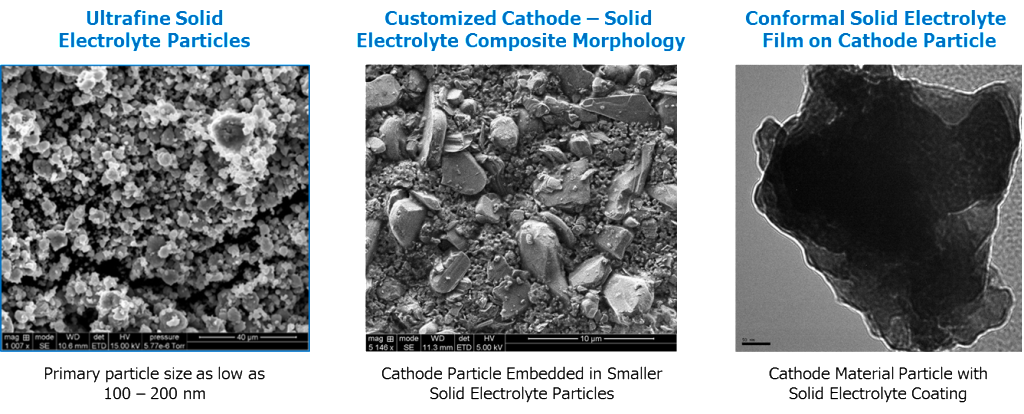 NEI’s Custom Solid Electrolyte Materials services build upon NEI’s patent-pending, ready-to-cast, solid electrolyte materials. Over the past year, NEI has supplied multi-kilogram quantities of their newly developed solid electrolyte powder, NANOMYTE® SSE-10 (Li10SnP2S12 or LSPS). NANOMYTE® SSE-10, which has been used by a number of scientists and engineers for developing and prototyping “all solid” Lithium batteries, has also been made available in the form of a slurry (dispersion), NANOMYTE® SSE-10D, which can be cast into flexible tapes. SSE-10D is composed of surface-modified LSPS particles dispersed in organic solvent, which can be removed after the tape or film is formed.
NEI’s Custom Solid Electrolyte Materials services build upon NEI’s patent-pending, ready-to-cast, solid electrolyte materials. Over the past year, NEI has supplied multi-kilogram quantities of their newly developed solid electrolyte powder, NANOMYTE® SSE-10 (Li10SnP2S12 or LSPS). NANOMYTE® SSE-10, which has been used by a number of scientists and engineers for developing and prototyping “all solid” Lithium batteries, has also been made available in the form of a slurry (dispersion), NANOMYTE® SSE-10D, which can be cast into flexible tapes. SSE-10D is composed of surface-modified LSPS particles dispersed in organic solvent, which can be removed after the tape or film is formed.
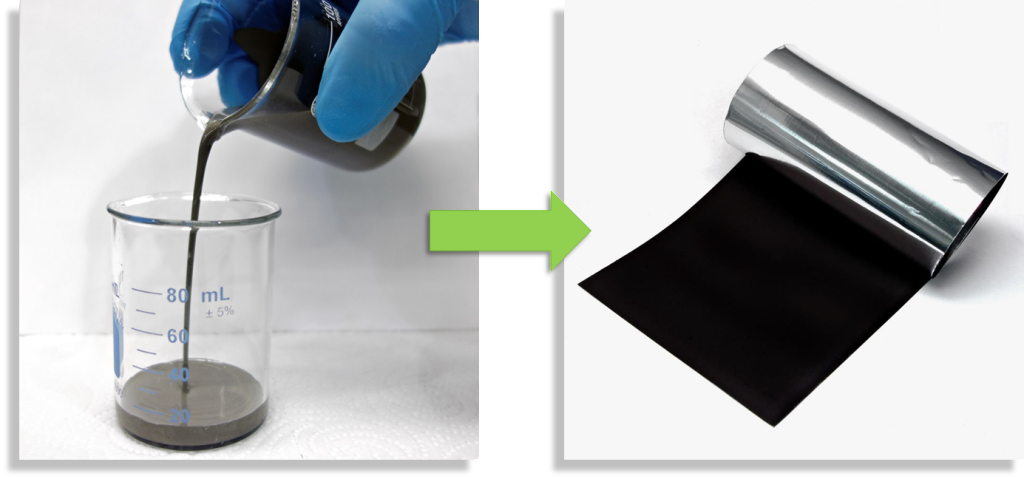 Post Process Solid Electrolyte and Composite Powder into a Slurry and Tape
Post Process Solid Electrolyte and Composite Powder into a Slurry and Tape
NEI Corporation has been a long trusted source for customized cathode and anode materials used in lithium batteries. The company specializes in developing new compositions and particle morphologies, including nanoscale particle engineering. NEI also has an extensive battery research and characterization facility, which includes multi-channel cell testers. The introduction of NEI’s service for custom produced solid electrolytes will provide new capabilities to lithium battery developers and manufacturers to enable practical solid state batteries.
For more information, see our slideshow on Custom Produced Solid Electrolytes »
About NEI Corporation:
NEI Corporation is an application driven company that utilizes nanotechnology to develop and produce advanced materials. The company’s core competencies are in synthesizing nanoscale materials and prototyping products that incorporate the advanced materials. NEI Corporation offers cathode and anode materials (both powders and coated electrodes), and solid state electrolytes for use in lithium-ion batteries. The company produces battery materials through a scalable and economical synthesis process, which is adaptable to different materials compositions and particle morphologies.
For more information, contact:
Ms. Krista Martin
+1 (732) 868‐3141
sales@neicorporation.com
###

